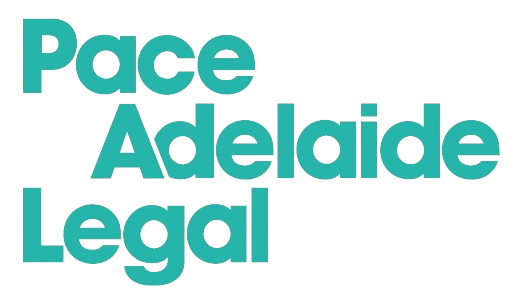How to maximise your investment when buying a business.
For more information contact: Serina Pace on 8410 9294 or send an email via this form.
There are eight conditions that should be considered carefully when buying a business.
Due Diligence
Many sellers will not include this in the sale conditions. ‘Due Diligence’ is effectively a cooling off period for a set amount of time, for example 14 days. This is important, as it allows time for your lawyer and accountant to better analyse the business as well as for you as the purchaser to reflect on the deal.
Hand Over
On completion of the purchase, the seller will want to receive the money, hand over the keys and walk away. A hand over condition can be useful, as it lists the various other documents and evidence of ownership that the purchaser will need if they wish to finance, operate and eventually sell the business.
Warranties
Warranties are ‘promises’ made by the seller that ensure the condition of the business. There may be quite a number of warranties, for example a warranty that the business has no issues with the authorities. By the seller providing these ‘promises’, they risk being sued in the future by the
buyer, if the business does not live up to the ‘promises’ made.
Restrictions on the Seller’s Right to Trade
These are restrictions to limit the seller’s right to carry on a similar business, in a certain area, for a certain period of time after the sale. The right balance must be reached; the restriction cannot be too wide-reaching otherwise the courts are not likely to uphold it.
Finance
A financial clause may be necessary to allow the purchaser time to agree finance within a specified period of time, for example within 14 days. This may also act as an escape route to legitimately terminate the contract.
Deposit
It is common for a deposit of 10% to be paid in such transactions; this is usually kept by a lawyer on trust. If the deal fails, the lawyer will insist on consent of both parties before releasing the deposit or part of it, or insist the court decide.
Plant and Equipment
As a purchaser, you can never be sure about what is actually being sold, unless it is listed in the contract.
Other items that appear to be business assets may not actually be owned by the seller, such as rights in intellectual property. Some assets may be financed.
GST
Make sure the selling price is stated to include GST otherwise a party may be faced with the prospect of paying an extra 10% at a later date. Accountancy advice may be helpful with regards to other aspects of GST.
It is helpful if these conditions are included in the contract as the seller is able to refuse to put them in at a later date. The seller’s lawyer usually prepares the contract.
When buying a business, buyers should never assume that the contract is fair or reasonable; remember, reading all of the small print is important.
DISCLAIMER: this newsletter is not intended as legal advice; no reliance is to be placed hereon.
